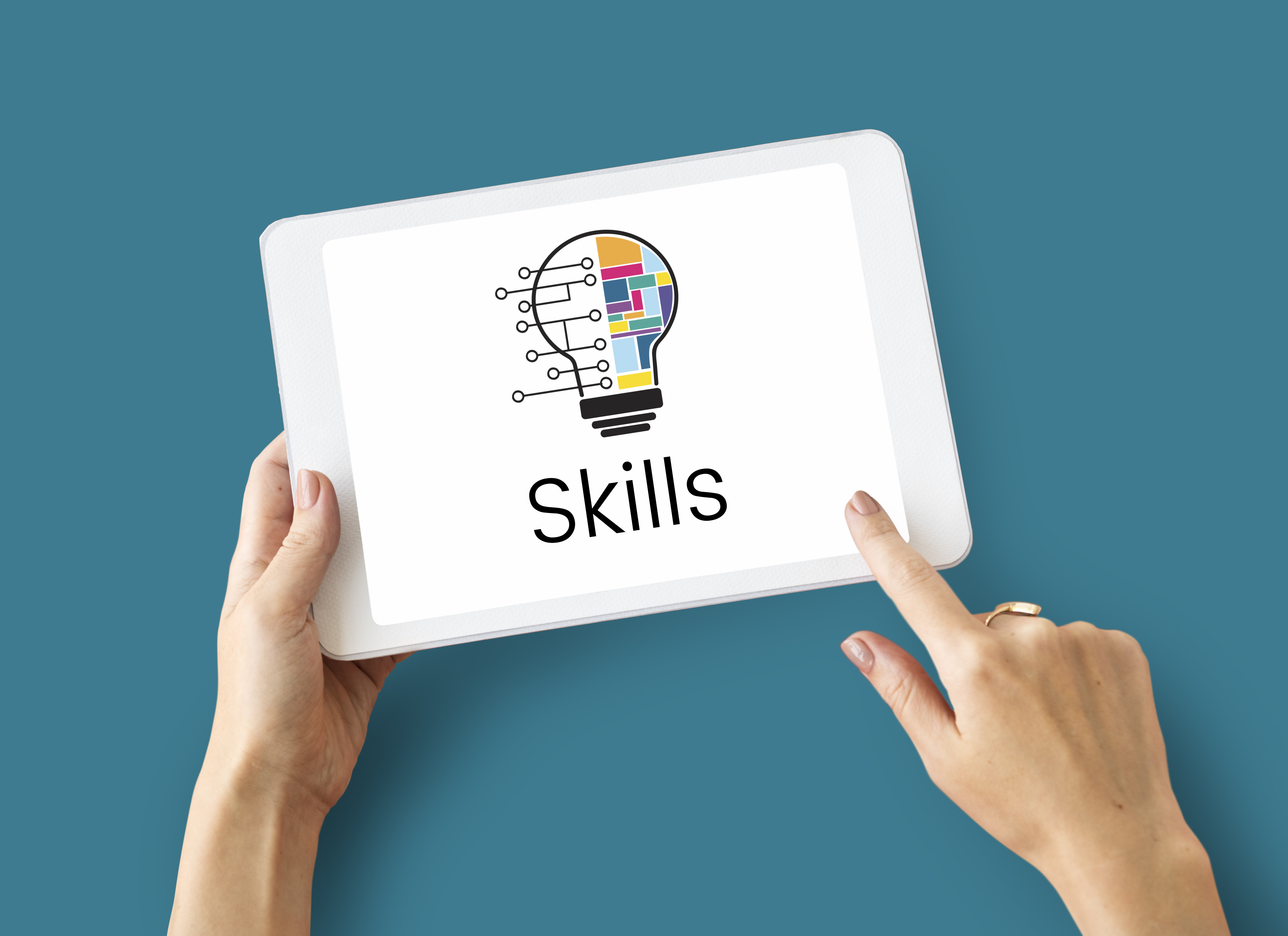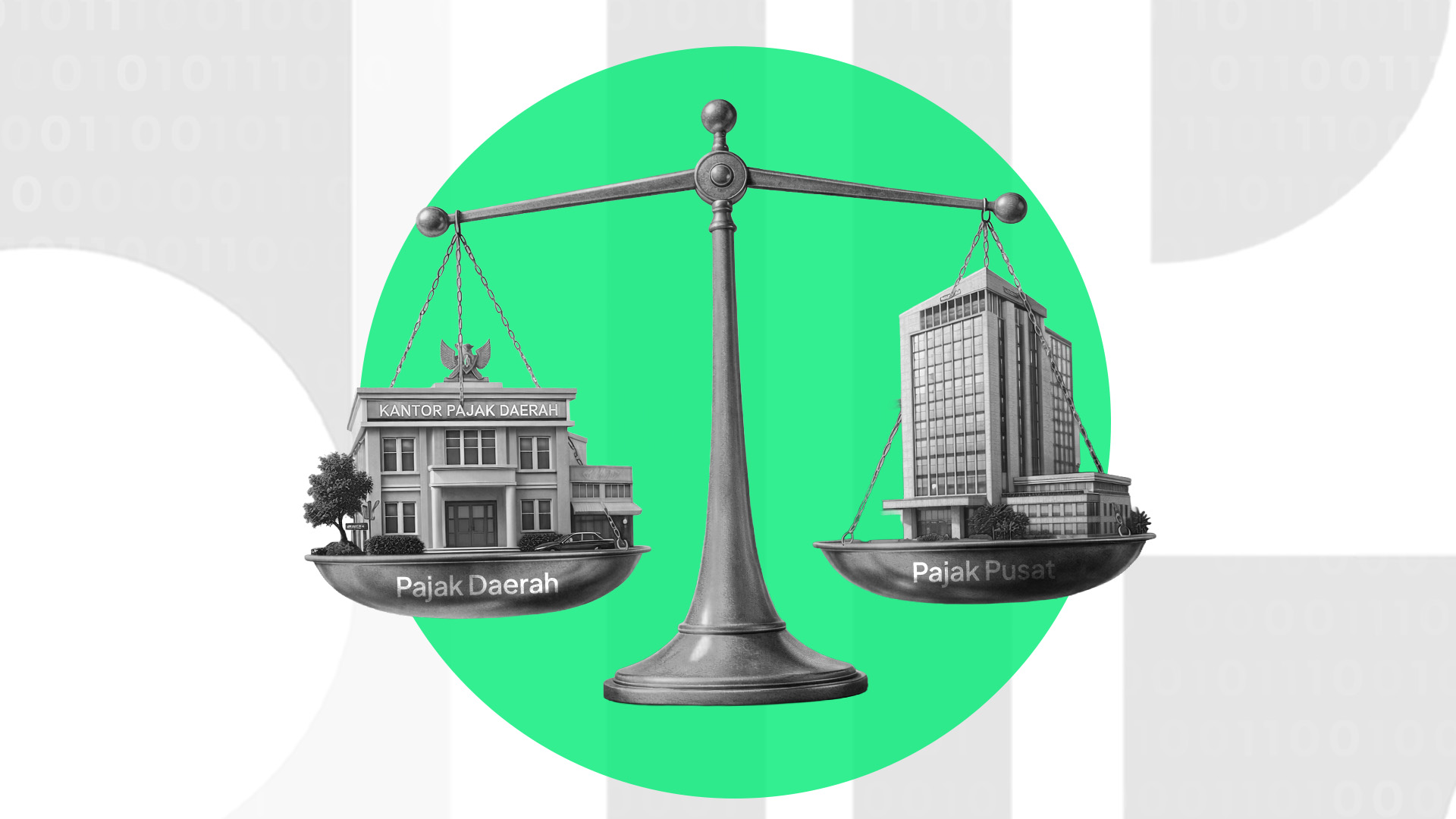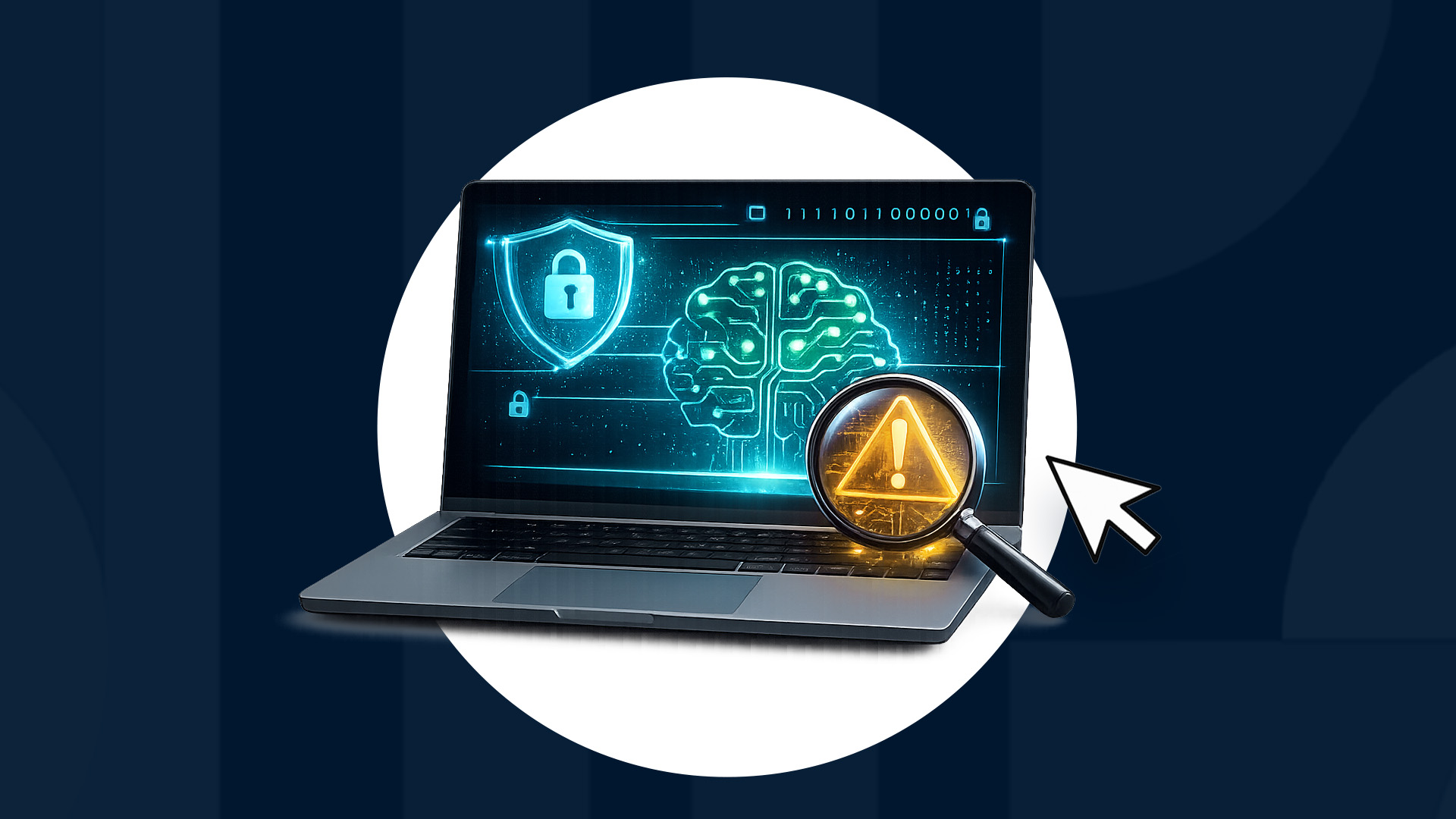If you’re preparing a CV or getting ready for an interview, you’ve likely heard the term soft skills. Unlike hard skills, which are measured through certificates or tests, soft skills are non-technical abilities that shape how we interact, work, and solve problems.
Soft skills are just as important as hard skills—ideally, they’re balanced so you become someone people rely on and enjoy working with. And they’re useful far beyond the office.
So, what are examples of soft skills? This article covers 15 must-know soft skills, how to train them, and the benefits they bring.
Top Non-Technical Skills for Career Success
Below are soft skills commonly sought in the workplace.
-
Effective Communication
The foundation of collaboration, opportunity-building, and problem-solving—expressing ideas clearly in speech and writing.
How to train: present often, write reports, join discussions. Strong communication boosts teamwork and relationships. -
Teamwork
Working with others to achieve shared goals—especially vital in professional settings.
How to train: join group projects or communities, contribute actively, drop overly individualistic habits. -
Problem Solving
Finding solutions to complex issues.
How to train: practice brainstorming, use tools like 5 Whys and root cause analysis. Good problem solvers are seen as dependable. -
Leadership
Not just for managers—leading, directing, and motivating can start before you have a title.
How to train: volunteer to lead small initiatives; consistency builds trust and influence. -
Time Management
Planning and prioritizing to stay productive.
How to train: deepen focus, create daily task lists, schedule work blocks. Timely delivery earns reliability. -
Adaptability
Adjusting to changes in environment, teammates, or technology.
How to train: say yes to new challenges; quick adapters are highly sought after. -
Creativity
Generating fresh ideas to solve problems—beyond art or design.
How to train: frequent brainstorming, consume educational content, interact widely. Creative thinkers drive business innovation. -
Emotional Intelligence (EQ)
Managing your own emotions and understanding others’.
How to train: practice active listening, join diverse activities, read about empathy. High EQ fosters healthy work relationships. -
Negotiation
Reaching win-win agreements—useful across roles (sales, procurement, HR, etc.).
How to train: prepare objectives, understand the other party’s needs, and practice trade-offs. -
Decision Making
Choosing clearly and quickly with sound reasoning.
How to train: list pros/cons, set criteria, time-box choices. Decisiveness signals leadership. -
Critical Thinking
Analyzing problems logically and factually.
How to train: read widely, discuss, review data. Critical thinkers make evidence-based decisions. -
Conflict Management
Resolving disagreements without harming relationships.
How to train: listen with empathy, avoid snap judgments, separate personal from professional. -
Initiative
Proactively seeking improvement without being told.
How to train: set personal targets, treat tasks as growth opportunities. High initiative accelerates development. -
Detail Orientation
Catching small issues that have big impacts.
How to train: review work before submitting, use checklists. Accuracy reduces costly mistakes. -
Presentation Skills
Delivering ideas confidently to an audience.
How to train: take public speaking classes, rehearse with peers. Strong presenters get ideas approved faster.
Now you know which soft skills matter most. So, which soft skills belong on a CV? Any of the above—so long as they’re relevant to the role.
Mastering these soft skills won’t just make you more competitive, it will help you build a sustainable, long-term career.
Image designed by Freepik.

.png)

.jpeg)
